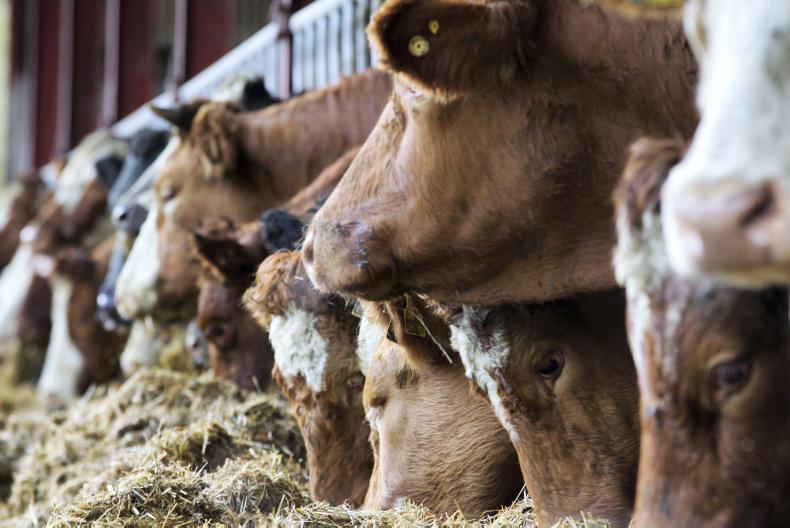The EU-Canada Comprehensive Economic and Trade Agreement (CETA) was approved by the International Trade Committee on Tuesday. It will go before the full parliament for a vote as part of the co-decision-making process that now governs the EU. The full house is to vote on the deal on 15 February.
If the parliament approves the CETA deal, it could apply provisionally from as early as April 2017. As CETA was declared a mixed agreement by the European Commission in July, it will also need to be ratified by national and regional parliaments. This could become a major stumbling block for the deal as it previously met resistance from the Belgian regional authority of Wallonia.
Safeguards for agricultural goods
In negotiations, the EU secured protection for over 140 European geographical indications for food and drinks sold on the Canadian market. The CETA deal will not remove tariff barriers on some agricultural products, such as dairy, poultry and eggs.
Reaction
Irish MEP Seán Kelly has welcomed the vote in favour of the deal after seven years of negotiations.
CETA will eliminate 94% of tariffs
“Almost all tariffs will be eliminated with the conclusion of CETA, saving European exporters over €500m per year and create a level playing field for both partners with strong environmental, consumer and labour standards,” Kelly said. “While such ambitious trade arrangements can be a cause of concern for sensitive sectors like agriculture, they offer huge opportunities too. Exports are essential for the Irish agricultural sector. Currently, EU food and agricultural exports face between 10% and 20% tariffs with Canada. CETA will eliminate 94% of tariffs.”
Kelly added that deals like this are important for Europe to reaffirm its position as a powerful trading block in the wake of Brexit and the election of Donald Trump as US president.
What CETA means for agriculture
The agreement itself was concluded in 2014 and ratified in 2016. The quotas agreed for food products will allow increased access to the EU market for Canadian beef and greater access to the Canadian market for EU dairy products.
Read more
What would the Canadian trade deal mean for Ireland
Letter: impact of CETA deal on Irish beef markets
Trade deal with Japan getting closer
The EU-Canada Comprehensive Economic and Trade Agreement (CETA) was approved by the International Trade Committee on Tuesday. It will go before the full parliament for a vote as part of the co-decision-making process that now governs the EU. The full house is to vote on the deal on 15 February.
If the parliament approves the CETA deal, it could apply provisionally from as early as April 2017. As CETA was declared a mixed agreement by the European Commission in July, it will also need to be ratified by national and regional parliaments. This could become a major stumbling block for the deal as it previously met resistance from the Belgian regional authority of Wallonia.
Safeguards for agricultural goods
In negotiations, the EU secured protection for over 140 European geographical indications for food and drinks sold on the Canadian market. The CETA deal will not remove tariff barriers on some agricultural products, such as dairy, poultry and eggs.
Reaction
Irish MEP Seán Kelly has welcomed the vote in favour of the deal after seven years of negotiations.
CETA will eliminate 94% of tariffs
“Almost all tariffs will be eliminated with the conclusion of CETA, saving European exporters over €500m per year and create a level playing field for both partners with strong environmental, consumer and labour standards,” Kelly said. “While such ambitious trade arrangements can be a cause of concern for sensitive sectors like agriculture, they offer huge opportunities too. Exports are essential for the Irish agricultural sector. Currently, EU food and agricultural exports face between 10% and 20% tariffs with Canada. CETA will eliminate 94% of tariffs.”
Kelly added that deals like this are important for Europe to reaffirm its position as a powerful trading block in the wake of Brexit and the election of Donald Trump as US president.
What CETA means for agriculture
The agreement itself was concluded in 2014 and ratified in 2016. The quotas agreed for food products will allow increased access to the EU market for Canadian beef and greater access to the Canadian market for EU dairy products.
Read more
What would the Canadian trade deal mean for Ireland
Letter: impact of CETA deal on Irish beef markets
Trade deal with Japan getting closer










SHARING OPTIONS